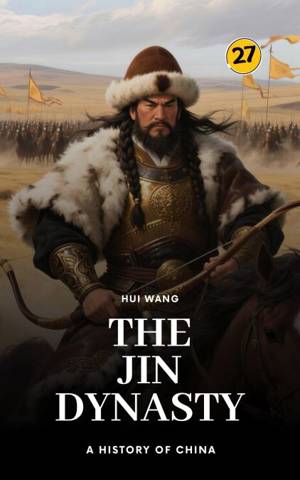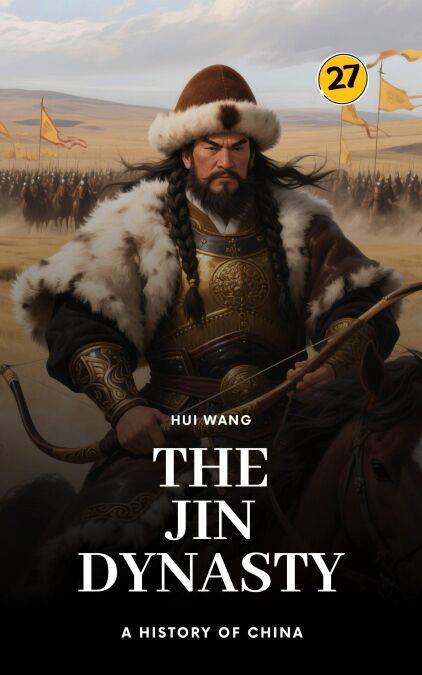
- Afhalen na 1 uur in een winkel met voorraad
- Gratis thuislevering in België vanaf € 30
- Ruim aanbod met 7 miljoen producten
- Afhalen na 1 uur in een winkel met voorraad
- Gratis thuislevering in België vanaf € 30
- Ruim aanbod met 7 miljoen producten
Omschrijving
The Jin Dynasty: A History of China, PART ONE, plunges you into the rise of a once-forgotten empire — born in the cold, wind-whipped forests of the northeast and forged by the fierce spirit of the Jurchen people. You will meet their earliest ancestors: hunters, clan chiefs, and roaming warriors who lived by courage and quick wits. From the semi-legendary figure of Hanpu — who, in tradition, is credited with laying down early customs and rules — to the bold stratagems of Wugunai and the political acumen of Helibo, this story traces how scattered bands slowly began to imagine something grander: a nation that might one day stand shoulder to shoulder with the great kingdoms of their age.
The journey moves through the crumbling twilight of the Khitan Liao Empire, where corruption and internal weakness opened a door for a new power to step through. Out of that chaos rose Wanyan Aguda, a leader whose vision and iron will welded the tribes into a single force. With his army at his back, Aguda proclaimed the Great Jin Dynasty — setting the stage for a confrontation that would reshape China: the epic showdown between Jin and the proud Northern Song.
But empires are never built without struggle. In the chapters ahead you'll watch the Jin leaders evolve — from hard-edged warriors into courtly emperors — and you'll see how ambition slowly eats away at the unity they once forged. Allies become rivals, kin become competitors, and a dynasty birthed by courage finds itself teetering on the brink of chaos.
At the center of that unraveling stands Wanyan Liang, known in history as the Prince of Hailing — brilliant, ruthless, and utterly consumed by power. His seizure of control, his decision to move the court south from Shangjing to Yanjing (the area of modern Beijing, often referred to by the Jin as Zhongdu), and his grand vision of a remade imperial order all blaze with the same fire of genius and madness. Around him whirl stories of loyalty and treachery, of triumph and ruin — the kind of history that feels alive, immediate, and hauntingly human.
I wrote this book to bring these men and women back to life — Aguda, Wugunai, Helibo, Wanyan Liang, and the countless others whose decisions and deeds shaped the fate of a dynasty. This book is not just a chronicle of battles and emperors; it's a portrait of the ambitions, rivalries, and loyalties that built (and sometimes broke) an empire. If you're drawn to vivid, true stories of power and betrayal, of leaders who remade borders and identities — if you want to see how, under figures like Wanyan Liang, Beijing was transformed into the beating heart of a new northern order — then this book will take you there.
Specificaties
Betrokkenen
- Auteur(s):
- Uitgeverij:
Inhoud
- Taal:
- Engels
- Reeks:
Eigenschappen
- Productcode (EAN):
- 9789189998803
- Verschijningsdatum:
- 16/08/2025
- Uitvoering:
- E-book
- Formaat:
- ePub

Alleen bij Standaard Boekhandel
Beoordelingen
We publiceren alleen reviews die voldoen aan de voorwaarden voor reviews. Bekijk onze voorwaarden voor reviews.








